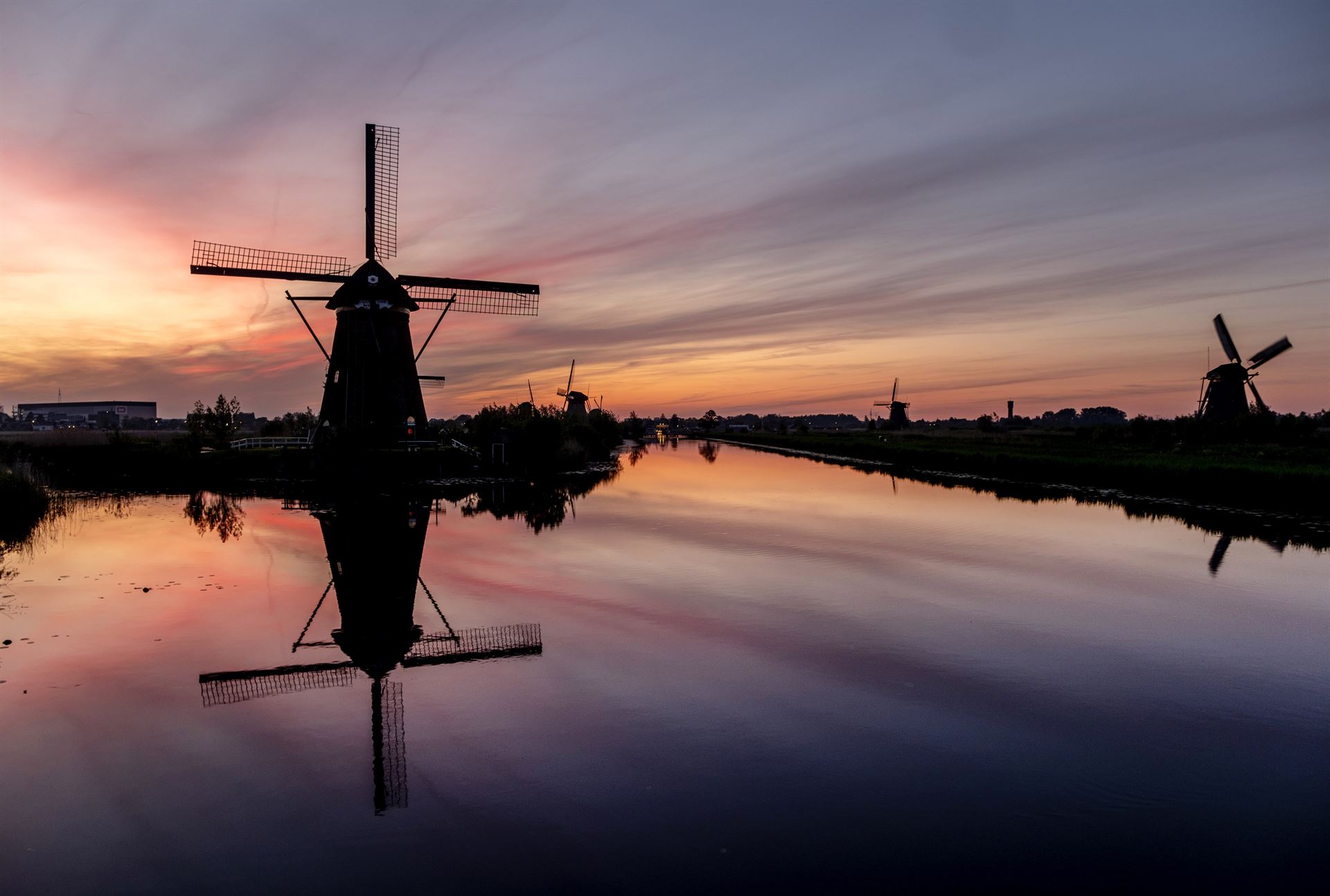
AMSTERDAM - A Dutch court ordered the government on Wednesday to drastically cut nitrogen emissions in the Netherlands by 2030, a ruling that could hurt construction and will pressure farmers to reduce livestock.
The case was brought by Greenpeace, which said the government was not doing enough to lower illegally high levels of nitrogen oxide emissions caused by intensive farming and heavy use of fertilizers, as well as traffic and construction in the densely populated Netherlands.
The problem is seen as a potential stumbling block for the already fragile government coalition, which includes far right leader Geert Wilders' Freedom Party and a farmers party that was created to protest against nitrogen measures.
As environmentalists hailed the court order as a victory, Wilders and several farmer groups said it simply showed Dutch rules were too strict.
ALSO READ: Netherlands plans to provide 6b euros in additional military aid to Ukraine
"We don't need more nitrogen policies. We need to loosen nitrogen rules and targets!" Wilders said on X.
Efforts to reduce emissions in recent years have led to fierce and sometimes violent protests by farmers, who felt that proposed measures were unfair and detrimental to their business models.
Intensive farming and traffic are the main sources of emissions in the Netherlands and any solution to lower them is seen to involve a large cut in the number of farms and the livestock held.
READ MORE: Netherlands explores plan to send rejected African asylum seekers to Uganda
The court in The Hague said the government had clearly failed to comply with European regulations to preserve vulnerable nature reserves and cut excessive emissions of nitrogen oxides and ammonia, which hurt biodiversity and damage the quality of water.
It ordered the government to meet its target of reducing the emissions to legally allowed levels in 50 percent of all affected nature reserves by 2030, and ruled that it should be fined 10 million euros ($10.4 million) if the goal was not met - a sum unlikely on its own to provide a major impetus for change.
The Netherlands so far has reduced emissions to the required levels in 28 percent of the reserves, the court said.
READ MORE: Netherlands faces ‘asylum crisis’, says cabinet minister
Agriculture minister Femke Wiersma said she was disappointed by the court ruling and was considering an appeal.
"We take the nitrogen problem very seriously," she said in a post on X. "But we can't ask the impossible of people and companies."
Dutch Prime Minister Dick Schoof, who has no party affiliation, last week said the issue was a "major problem" his coalition could not ignore.
The nitrogen problem has plagued the Netherlands for years following rulings in 2018 by the European Court of Justice and in 2019 by the Netherlands' Council of State that Dutch policies were failing to address it.
Similar problems have led to protests by farmers in Belgium, while Denmark passed a nitrogen rule in late 2024, in an effort to protect marine life in its fjords.


